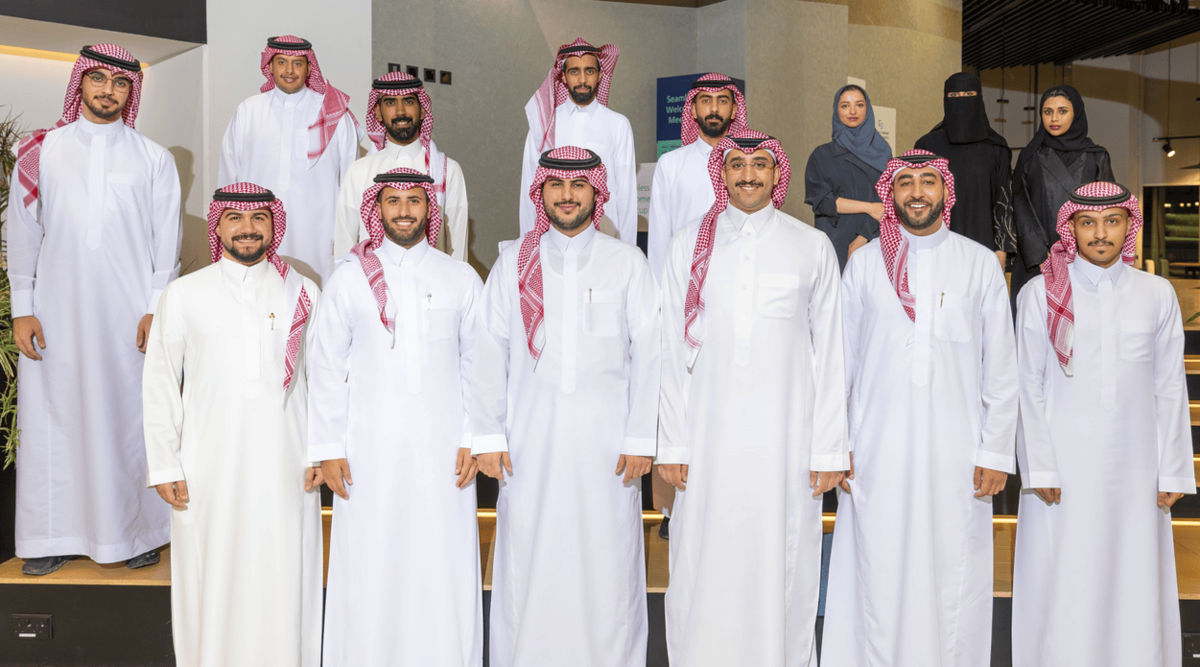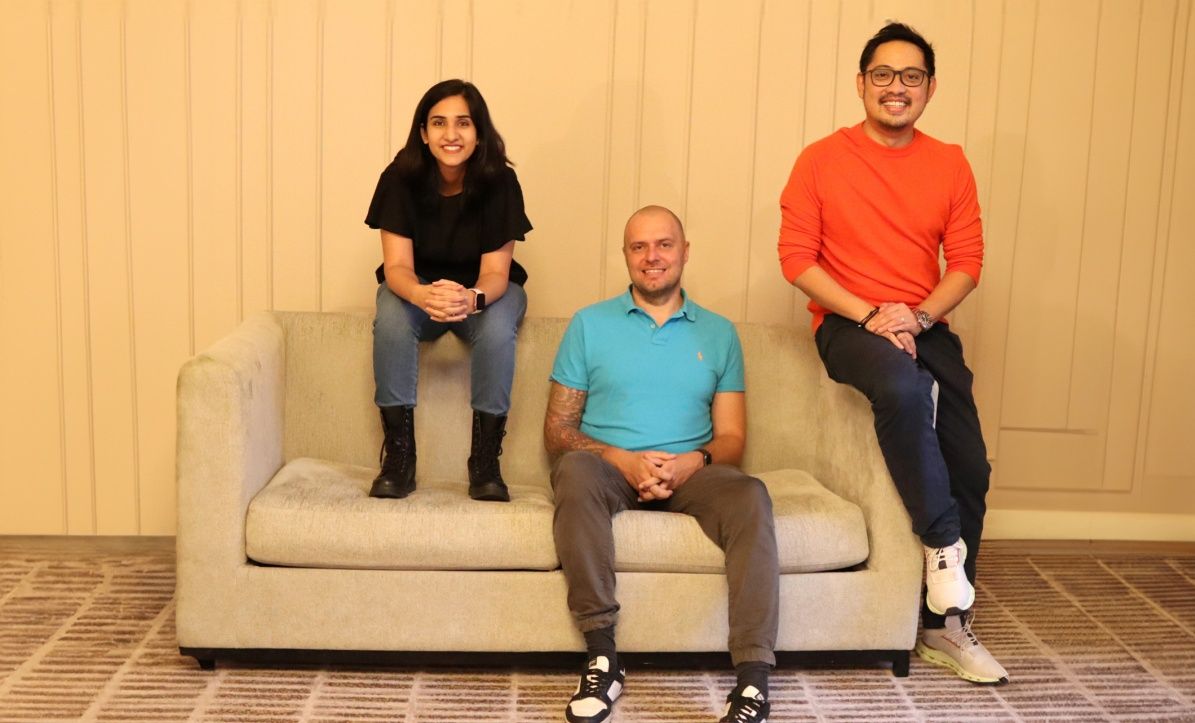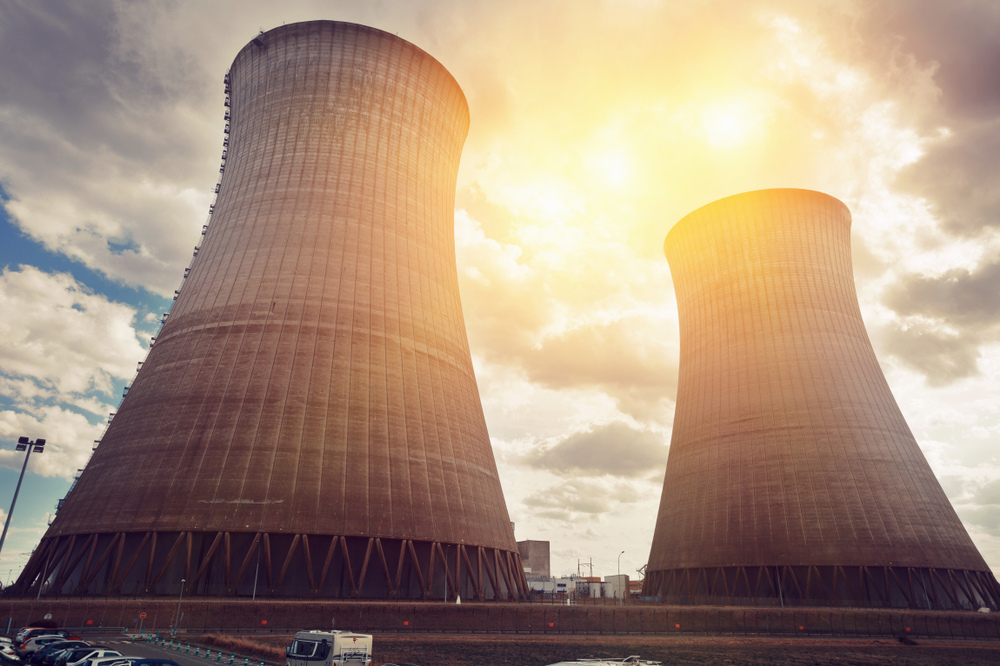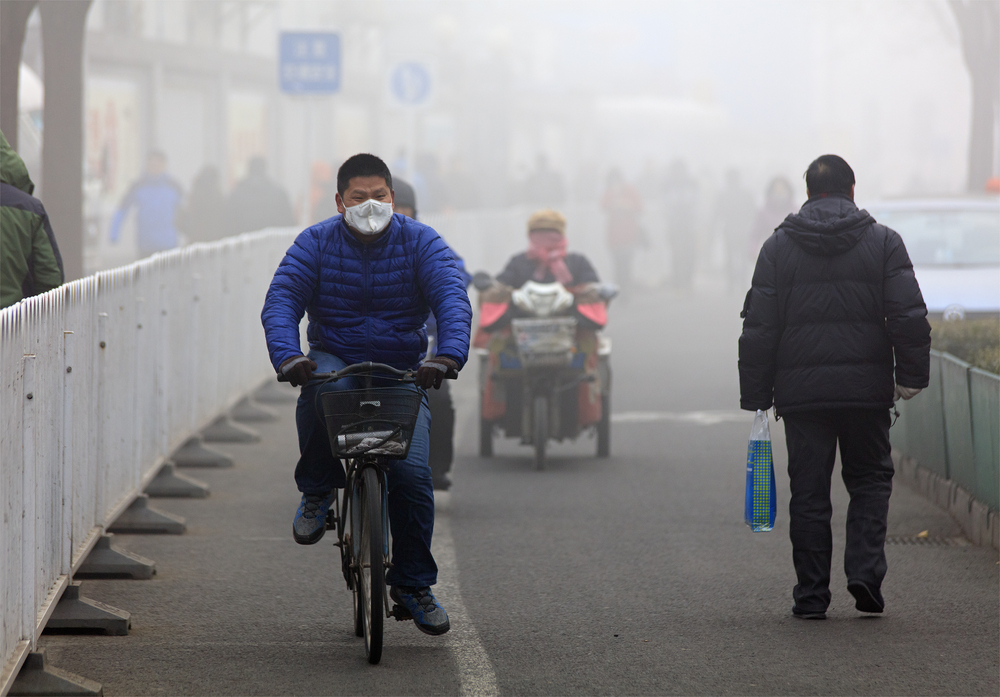RIYADH: Startups across the Middle East continue to attract significant investment, with new funding rounds and strategic acquisitions highlighting the region's growing appeal to investors.
From Saudi Arabia and the UAE to Oman and Kuwait, emerging companies are securing capital to expand their market reach, develop innovative solutions, and strengthen their positions in competitive industries.
Saudi property tech startup Ejari has closed a $14.65 million seed round, comprising a mix of debt and equity, to expand its presence in the rent now, pay later market.
The round was led by Partners for Growth, with participation from BECO Capital, anb seed, and Rua Ventures, as well as Alinma Bank, Vision Ventures, and Aqar platform, a leading property listing platform in Saudi Arabia. Existing investor Salica Oryx Fund also participated in the round.

The team at Saudi property tech startup Ejari. Supplied
Founded in 2022 by Yazeed Al-Shamsi, Fahad Al-Bedah, Mohammed Al-Khelewy, and Khalid Al-Munif, Ejari provides an RNPL solution tailored to Saudi Arabia’s real estate rental market.
The new funding aims to strengthen its market share, enhance product offerings, and solidify its position as a key player in the Saudi rental market.
Al-Shamsi, the company’s CEO, described the cash injection as a “major milestone” in the firm’s journey to transform the Saudi rental market.
“With this new investment, we’re poised to enhance our technology, expand our product offerings, and deliver exceptional value to our clients. Our mission is to democratize access to the rental market and lower barriers for tenants, and this funding brings us closer to that goal. We are deeply grateful for the trust our investors have placed in us and are excited about the future,” he added.
Yamm closes pre-seed funding to enhance logistics platform
Saudi-based logistics startup Yamm has completed a pre-seed funding round, with an undisclosed amount raised.
The round was led by Flat6Labs, with additional participation from Judah Ventures and several angel investors.
Founded in 2023 by Sultan Al-Subhi, Mohammed Al-Shalati, and Hamadah Al-Khaldi, Yamm aims to simplify the post-purchase experience for both consumers and merchants by providing an end-to-end solution for managing returns, refunds, and logistics.
The funding will be used to expand its merchant base across Saudi Arabia, introduce new product features, and enhance the platform’s value for retailers.
Nana acquires Rasseed to boost digital grocery shopping experience
Saudi Arabia-based digital grocery delivery startup Nana has acquired Rasseed, a software solutions provider specializing in branded and local gift cards, for an undisclosed amount.
Nana, founded in 2016 by Abdulmajeed Al-Sukhan and Sami Al-Helwah, offers a digital platform for fulfilling daily, weekly, and monthly household grocery needs.
Rasseed, also founded in 2016 in Saudi Arabia, focuses on simplifying the purchase of gift cards.
The acquisition aligns with Nana’s strategy to digitize the grocery shopping experience in stores and hypermarkets, as well as its broader expansion plans.
Nana previously raised $133 million in a series C funding round in February 2023, led by Kingdom Holding and Uni Ventures, along with other investors.
OCTA secures $2.25m pre-seed round to streamline SME payments

Nupur Mitta, Jon Santillan, and Andrey Korchak founded OCTA
UAE-based fintech OCTA has closed a $2.25 million pre-seed funding round.
The round was co-led by Quona Capital and Sadu Capital, with additional backing from Sukna Ventures, Plus VC, 500 Global, and notable angel investors, including Pawel Iwanow, chief payment officer at Fresha, and Dom Monhardt, director of product design at Tap Payments.
Founded in early 2024 by Jon Santillan, Nupur Mitta, and Andrey Korchak, OCTA automates the process of collecting payments for small and medium-sized enterprises, helping to improve cash flow management and simplify accounts receivable.
The company has recently expanded its operations into the Saudi market.
Synnax raises $550k in strategic funding for credit intelligence platform
Synnax, a digital asset credit intelligence startup, has raised $550,000 in a strategic funding round, bringing its total fundraising to $1.55 million.
The investment was led by Wintermute Ventures and TON Ventures. The funds will support the continued development of Synnax’s Credit Intelligence platform and its Telegram-based mini-app, SynQuest, which attracted over 250,000 users within two weeks of launch.
The partnerships with Wintermute Ventures and TON Ventures go beyond funding, aligning with Synnax’s vision of building a decentralized, transparent digital asset credit market.
Wintermute Ventures, a leader in algorithmic trading and digital asset lending, provides expertise, while TON Ventures leverages its influence in The Open Network ecosystem, which integrates with Telegram’s user base of over 950 million people.
QPay secures seed funding to drive fintech growth in Oman
QPay, Oman’s first licensed buy now, pay later financial services provider, has completed a seed funding round led by Cyfr Capital.
This funding is part of Future Fund Oman’s broader strategy to boost innovation within the country’s fintech sector.
The investment will help advance QPay’s mission to enhance financial inclusion and promote the growth of BNPL services across the Sultanate, aligning with FFO’s focus on supporting innovative fintech solutions.
Kuwait’s Krti raises $1.5m to expand payment solutions
Kuwaiti fintech startup Krti has secured $1.5 million in a pre-seed funding round, led by Core Vision Investment as part of the Financial Academy Financial Technology Investment Programme.
Founded in 2022 by Abdulrahman Al-Hammadi, Naser Boresli, and Abdullah Al-Baker, Krti offers payment solutions designed to support online merchants and shoppers, aiming to empower the region’s e-commerce sector.
The newly raised capital will facilitate Krti’s expansion in both Kuwait and Saudi Arabia.
4Partners secures $3.6m to fuel regional expansion from Dubai HQ
UAE-headquartered dropshipping service 4Partners has raised $3.6 million in a recent funding round from undisclosed investors.
Founded in 2017 in Russia, the company assists businesses in launching and scaling online stores by managing inventory, shipping, and order fulfillment through its network of warehouses across MENA, Europe, Asia, and the US.
After relocating its headquarters to Dubai in 2023, 4Partners plans to use the new capital to support its growth in the region.
The company aims to tap into the MENA e-commerce market, offering a content management system alongside international dropshipping solutions for online retailers.
Rology partners with Thakaa Med to advance AI-driven stroke detection
Rology, an FDA-cleared artificial intelligence-powered teleradiology platform, has entered a strategic partnership with Riyadh-based Thakaa Med, an AI-driven health care technology firm, to develop “StrokeIQ,” a new solution designed to improve the speed and accuracy of stroke detection in neuroimaging.
StrokeIQ will utilize AI to analyze CT brain scans and identify signs of stroke, enabling health care providers to make more rapid, informed decisions during critical situations.
The collaboration aims to leverage advanced AI technology to address the challenges in stroke diagnostics, where timely intervention is crucial.
























